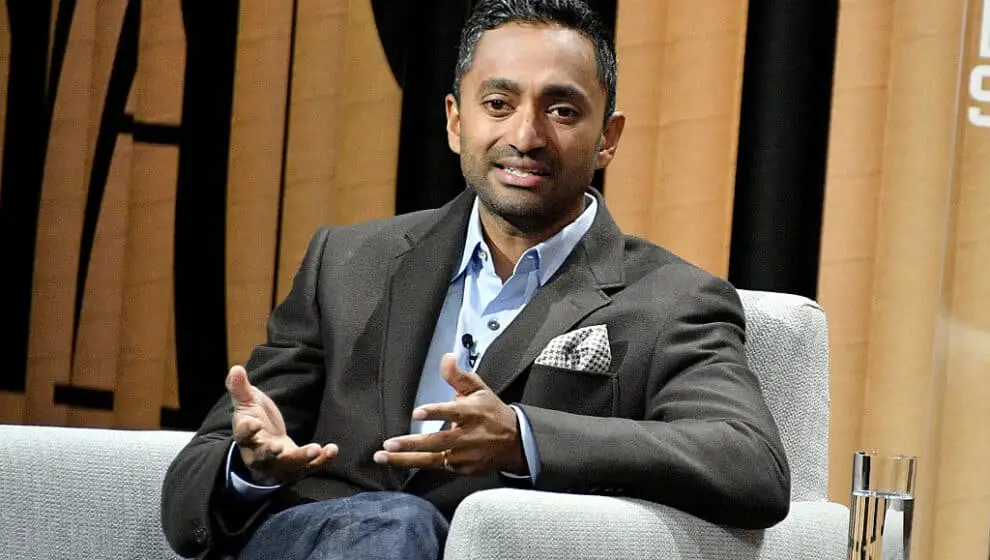After making small fortunes off failed startups through special-purpose acquisition companies (SPAC), a wave of lawsuits is threatening the businessmen and the growing industry that cut the deals.
Key Details
- A round of lawsuits from burned investors is coming for executives such as Chamath Palihapitiya and Alec Gores, who made small fortunes from the failures of newly public companies.
- The pandemic saw a rise in SPACs-funded company takeovers of a litany of startups, Bloomberg reports.
- The lawsuits claim that SPAC executives pushed through deals that would allow them to profit from their founder shares.
- Executives were allegedly incentivized to finalize acquisitions even if the plans created risks for shareholders, Bloomberg reports.
Why it’s news
Since late 2018, nearly a quarter of companies that merged with a SPAC saw their shares fall over 90% since their debuts. In one example, Momentous Inc. went public through a deal with a SPAC called Stable Road Acquisition Corp. Momentum had plans for “revolutionizing space infrastructure.”
When it went public in 2021, it projected its revenue would reach $4 billion by 2027. Last year it brought in just $300,000. Before the merger, its shares traded for over $29. Now, it sells for around 34 cents, Bloomberg reports.
Suits aimed at SPAC mergers are filled with companies that have similar stories. Since June 2022, at least 21 SPAC-related cases have been filed in the Delaware Chancery Court, the primary court where U.S. merger disputes are resolved.
Since 2020, over 60 SPAC-related class-action lawsuits have been filed, according to insurance firm Woodruff Sawyer’s Yelena Dunaevsky. As more acquired companies struggle in the current economy, Dunaevsky expects these lawsuits will become more common.
Investors have started to turn their attention to high-profile executives like Gores. In January 2021, he took his company, United Wholesale Mortgage, public with a $16 billion valuation. At the time, it was the largest SPAC merger. After stocks fell, investors sued, saying that the backers “hastily negotiated the merger through a flawed and unfair process.”
A renewed interest in day trading and near-zero interest rates during the pandemic prompted the rapid growth in SPAC deals. Now, the pandemic-fueled industry is beginning to crumble. SPACs are likely to struggle to survive the onslaught of lawsuits. Already many are filing for bankruptcy, Bloomberg reports.

